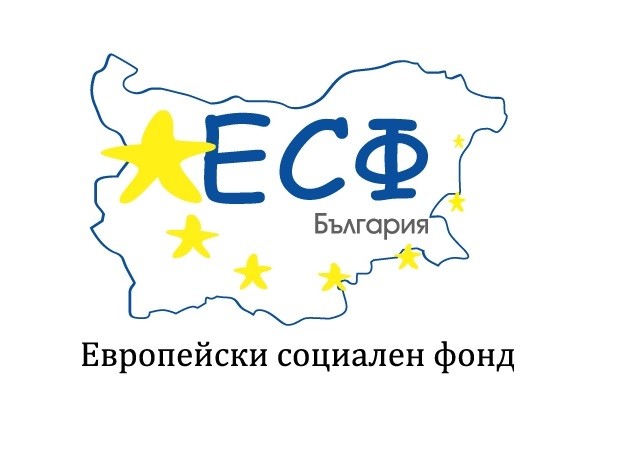COMMISSION WELCOMES POLITICAL AGREEMENT ON THE ESF+
The Commission welcomes the political agreement reached between the European Parliament and EU Member States in the Council on the Commission's proposal for a Regulation on the European Social Fund Plus (ESF+). The ESF+ will be a key financial instrument to implement the European Pillar of Social Rights, to support jobs and create a fair and socially inclusive society. It will also provide much needed resources to Member States for the recovery of our societies and economies after the coronavirus crisis.
Valdis Dombrovskis, Executive Vice-President for an Economy that Works for People, said: “This financing instrument will be our main path to invest in people and build a more social and inclusive Europe as we emerge from the crisis. ESF+ will help to create more equal opportunities, better access to the labour market, fairer working conditions and improved social protection. It will focus on fighting poverty and developing the right skills for the digital and green transitions, emphasising the value and needs of young people: our next generation.”
Nicolas Schmit, Commissioner for Jobs and Social Rights, said: “The European Social Fund Plus invests in people. I welcome the political agreement reached because this Fund is more crucial than ever. The crisis has put young people, children and vulnerable communities especially at risk. We must put our energy into social inclusion. We need to create new job opportunities and grow a skilled and resilient workforce ready for the transition to a green and digital economy. The ESF+ will help Member States to rebuild a fairer and more inclusive society that tackles poverty and creates opportunities for everyone.”
The ESF+ has a total budget of €88 billion (in 2018 prices). It will invest in people, creating and protecting job opportunities, promoting social inclusion, fighting poverty and developing the skills needed for the digital and green transition. It will also include a more ambitious requirement for investing in young people and addressing child poverty, as proposed by the Commission.






